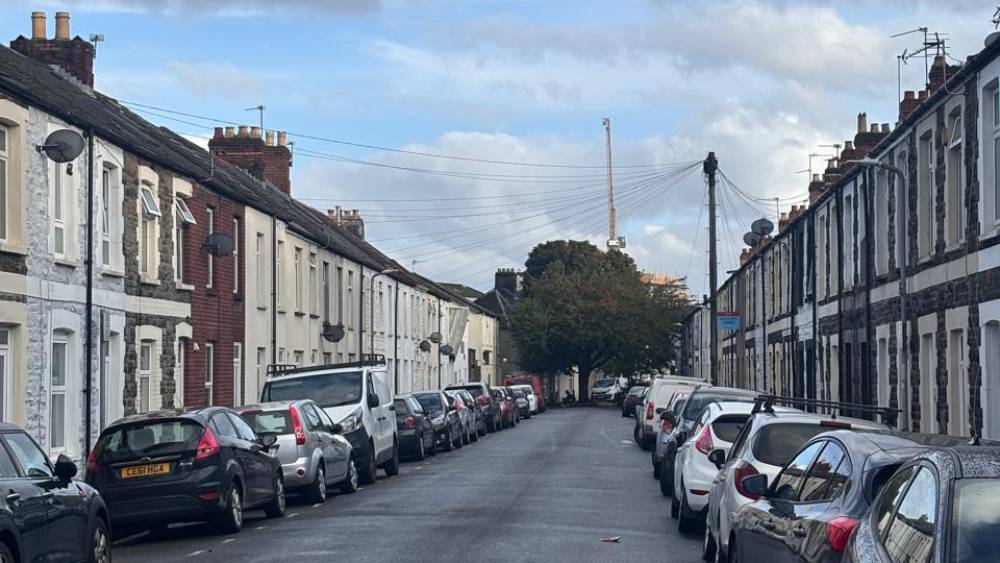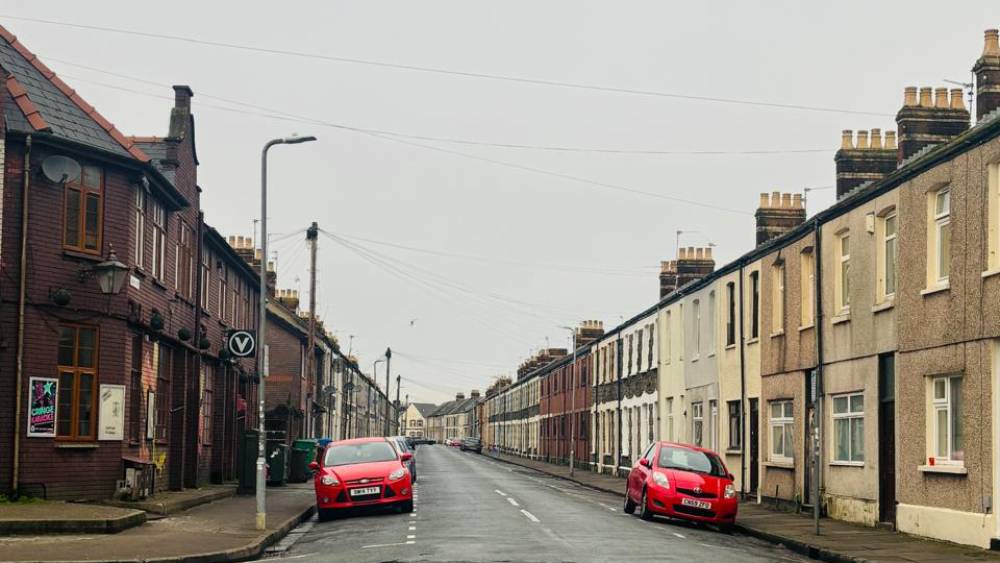With rents going up faster in Cardiff than anywhere else in Wales, just how hard is it for people to find somewhere to live in the city?

In his one and a half years in Cardiff, the first nine days of September 2024 were the most stressful for Ali Jan Khawaja.
The international student from Pakistan came to Cardiff in 2023 to study Data Journalism at Cardiff University. Currently on a course extension, he shared his experience, highlighting the city’s ongoing housing crisis.
“I stayed in university accommodation, and my contract was set to expire on 12th September 2024. Even on 1st September, I had no idea where I was going to stay on the 13th,” said Khawaja. “I had no one to guide me to start looking for accommodation well before the deadline. I didn’t know the housing scene in Cardiff was so hectic.”
According to Khawaja, even with high rent prices, every property he considered had 10-12 potential renters, and any delay in the negotiation process meant losing the opportunity. “Most of the rents were too high for me to afford, and I didn’t know anybody in Wales who could readily become my guarantor. By the time I figured something out, almost all the properties I had shortlisted were already booked,” said Khawaja.

Finally, with just three days remaining, Khawaja secured his current accommodation on Newport Road. He now lives there with three other housemates, each paying £500 in rent. In addition, the renters collectively spend nearly £100 per person on utilities such as electricity, gas, council tax, and water.
The ordeal Khawaja faced is not an isolated incident. According to the UK’s Office for National Statistics, in December 2024, the average monthly rent in Cardiff was £1,077—an 8.7% increase from the previous year.
Official data suggests that this rise slightly exceeds the 8.5% increase observed across Wales during the same period. In December 2019, the average monthly private rent in Cardiff was approximately £850. By December 2024, this figure had risen to £1,077—an increase of about 26.7%.
Given market trends, a house near the city center would cost Khawaja around £750 per room. Rent on the outskirts is comparatively more affordable, but it also means Khawaja must spend nearly an hour walking to the center of Cardiff.

The rent crisis has worsened as house prices in Cardiff have surged at twice the rate of wages over the past 15 years. This growing disparity has made homeownership increasingly unattainable for many residents, putting even more pressure on the rental market. The city has also seen a sharp rise in eviction notices, with the Housing Options Service reporting a 122% increase—primarily due to landlords selling their properties.
Recently, a user on an online forum started a thread highlighting the difficulties of renting in Cardiff. The discussion quickly became a collective reflection of the city’s housing struggles. From unresponsive agents to frustration over skyrocketing rents, residents shared their grievances.
One user noted that properties that once rented for £600 a few years ago are now demanding nearly £1,000. Even downgraded properties, in poor condition, are being listed at exorbitant rates.
Others raised concerns about alleged under-the-table dealings that are making the situation even murkier. Some applicants bypass estate agents and negotiate directly with landlords to secure a property, while estate agents—unaware of these private agreements—continue showing the listings to other hopeful renters.
Traders and locals of places such as City Road are putting forward another angle to this crisis. According to them, the high rent is distorting the multi-ethnic identity of Cardiff as well. City Road for example is fairly near to the City Centre and thus attracting high rent. This area, historically housing the immigrant communities from Middle East and South Asia, saw a growth of Asian grocery, garment stores and small-scale restaurants over the years to cater to the local demands. The rent hike is currently dispersing the communities from this area, affecting the local businesses.

For traders like Mohammad Ashraf, who runs ‘Sanna Silk’—a garments and ornaments store on City Road—business has been taking a toll for the past few years. “I can’t recall the last February when my business was this slow,” said Ashraf, as his muted smartphone screen played a YouTube video about the UK’s economic downturn.
A resident of Cardiff for almost 25 years, Ashraf lamented the gradual departure of familiar faces from the locality. “Our regular customers are moving away. The new people coming into the area have different tastes—I can’t blame them either,” said Ashraf, sitting alone in the empty store. “With such high rents and limited savings, people prefer cheaper options. Maybe we are losing the race.”
To address the housing crisis, the Welsh Government implemented the Renting Homes (Wales) Act 2016 on December 1, 2022. The act aimed to resolve issues such as standardizing and simplifying occupation contracts, enhancing tenant protection, and ensuring landlords maintain property standards. It also extended the minimum notice period for no-fault evictions to six months. However, the lived experiences of people like Khawaja suggest that much more still needs to be done.
“The uncertainty I faced in September 2023 was nothing short of a nightmare. I don’t want to go through it again. This time, I will start looking for a house, maybe from mid-July,” said Khawaja. “But the ever-increasing rent is another nightmare. I don’t know whether I can afford the hike or if I’ll have to move further away from the city.”
“House contracts are on a yearly basis. Even if I get a job somewhere else, I can’t leave Cardiff without forfeiting my money. At the current exchange rate, £1 is equal to almost 350 Pakistani rupees, and I can’t afford to waste a single cent,” said Khawaja.
